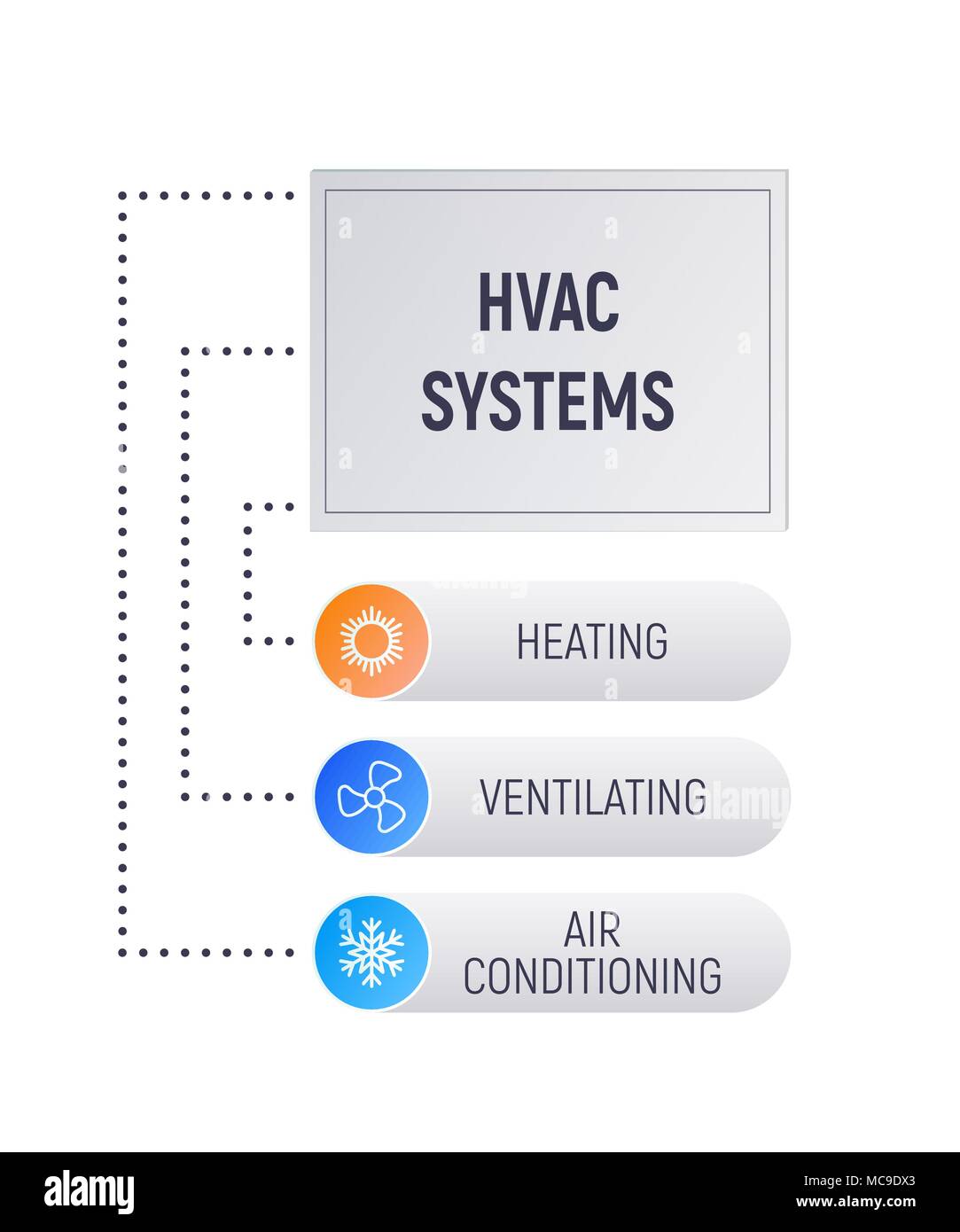The Future Of Home Heating - Exactly How Heat Pump Technology Is Progressing
The Future Of Home Heating - Exactly How Heat Pump Technology Is Progressing
Blog Article
Content Writer-Merritt Kaae
Heatpump will be an important modern technology for decarbonising home heating. In a situation consistent with governments' announced power and environment commitments, their worldwide capacity doubles by 2030, while their share in home heating rises to one-quarter.
They function best in well-insulated homes and rely upon electrical power, which can be supplied from an eco-friendly power grid. Technological developments are making them much more reliable, smarter and more affordable.
Fuel Cells
Heatpump make use of a compressor, refrigerant, coils and followers to relocate the air and heat in homes and home appliances. They can be powered by solar power or electrical energy from the grid. They have been obtaining popularity because of their low cost, silent operation and the capability to generate electricity during peak power need.
https://mspmag.com/home-and-design/four-ways-to-get-in-the-spring-of-hvac-things/ , like IdaTech and BG MicroGen, are servicing fuel cells for home heating. These microgenerators can change a gas central heating boiler and create some of a house's electric demands with a connection to the electrical power grid for the remainder.
Yet there are reasons to be hesitant of using hydrogen for home heating, Rosenow claims. It would certainly be expensive and inefficient compared to other innovations, and it would certainly include in carbon discharges.
Smart and Connected Technologies
Smart home modern technology allows property owners to attach and manage their devices from another location with using smartphone applications. For example, clever thermostats can learn your home heating choices and automatically adjust to optimize energy intake. Smart lighting systems can be managed with voice commands and immediately shut off lights when you leave the area, lowering energy waste. And wise plugs can keep track of and manage your electric use, enabling you to identify and restrict energy-hungry devices.
The tech-savvy family illustrated in Carina's meeting is an excellent illustration of exactly how occupants reconfigure area home heating methods in the light of new smart home innovations. They count on the devices' automatic features to carry out everyday changes and concern them as a convenient means of performing their heating practices. Therefore, they see no factor to adjust their methods even more in order to allow flexibility in their home energy need, and treatments aiming at doing so might face resistance from these homes.
Electrical power
Since heating homes make up 13% people emissions, a switch to cleaner alternatives might make a big difference. But the technology deals with difficulties: It's costly and calls for substantial home renovations. And it's not constantly compatible with renewable energy resources, such as solar and wind.
Up until lately, electric heat pumps were as well expensive to compete with gas designs in a lot of markets. But new advancements in design and products are making them a lot more economical. And better cold environment performance is enabling them to operate well even in subzero temperatures.
The following action in decarbonising heating might be using warm networks, which draw heat from a main resource, such as a close-by river or sea inlet, and disperse it to a network of homes or buildings. That would minimize carbon exhausts and enable families to make use of renewable resource, such as environment-friendly power from a grid supplied by renewables. This alternative would certainly be less pricey than changing to hydrogen, a nonrenewable fuel source that calls for brand-new framework and would only decrease carbon dioxide emissions by 5 percent if paired with improved home insulation.
Renewable Energy
As electrical power rates go down, we're starting to see the same trend in home heating that has driven electric autos right into the mainstream-- yet at an even faster rate. The solid climate case for electrifying homes has been pushed further by brand-new research study.
Renewables represent a significant share of modern warmth usage, however have actually been given minimal plan attention internationally contrasted to other end-use sectors-- and also much less interest than electrical energy has. Partially, this shows a mix of consumer inertia, split rewards and, in lots of countries, subsidies for fossil fuels.
New modern technologies could make the shift much easier. For example, heatpump can be made extra energy effective by replacing old R-22 refrigerants with new ones that don't have the high GWPs of their precursors. https://www.newscenter1.tv/black-hills-energy-gives-tips-to-save-money-during-hot-summer-months/ envision district systems that draw heat from a close-by river or sea inlet, like a Norwegian arm. The cozy water can after that be used for heating & cooling in an area.